Sotheby’s
Hong Kong
has come under fire from
India
‘s government as the auction house prepares to host a sale of ancient jewels linked to Buddha this week.
The auction, which is scheduled to take place on Wednesday, is said to offer up a collection of ‘gem relics’ for sale in Hong Kong.
However, the Indian Ministry of Culture claims the auction violates Indian laws, international norms and
United Nations
conventions.
The organization has served a legal order demanding the halt of the sale.
Sotheby’s listed the gems, which were discovered in an urn with Shakya clan’s share of the bones of Shakyamuni Buddha, as ‘unparalleled religious, archeological and historical importance.’
The gem relics are sacred to many Buddhists, who believe they are the corporeal remains of the Buddha,
CNN
reported.
A majority of the gems found were sent to the Indian Museum in Kolkata at the time of their discovery, but ‘duplicates’ were granted to William Claxton Peppé, a British colonial engineer who unearthed the relics.
Currently, the heirs of Peppé are selling the holy stones at an auction, which has enraged both the Indian government and numerous Buddhists.
On Monday, the nation’s Ministry of Culture announced it would be implementing ‘quick and thorough’ actions to ‘instantly’ stop the sale of these gemstones and ‘underscore the unlawfulness of the auction,’ ensuring adherence to global regulations.
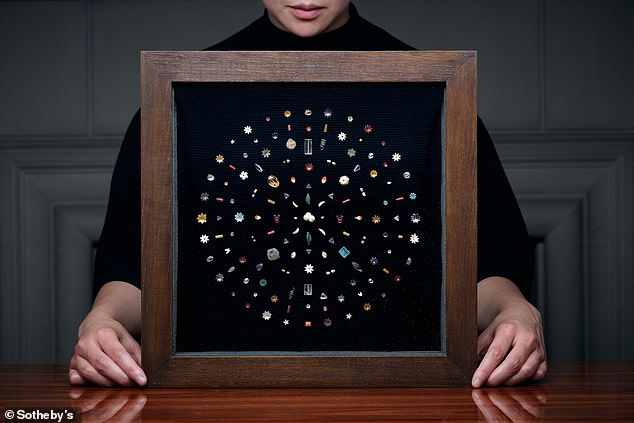
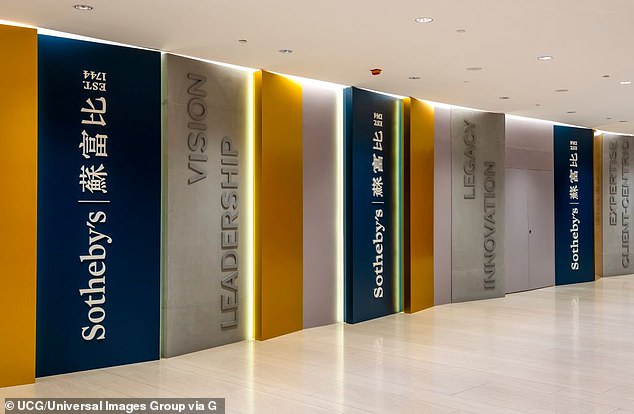
“We urge Sotheby’s Hong Kong to promptly remove the relics from the sale and collaborate with Indian officials to restore these holy artifacts to their proper location,” the ministry stated in documents uploaded to Instagram.
The ministry stated in the papers that the sale includes ‘sacred Buddhist relics’ known as duplicate gems, and this goes against both Indian and international laws along with UN conventions.
Moreover, the uploaded documents state that according to Buddhist tradition, “these holy burial items are integral to the sacred remains and should not be commercialized.”
Legal proceedings have been initiated against Sotheby’s Hong Kong and Chris Peppé, who is the great-grandson of William Claxton Peppé. The lawsuit calls for an urgent halt to the auction, returning the artifacts to the Indian government, issuing a formal apology to both Sotheby’s and Mr. Peppé, as well as providing complete transparency regarding any additional relics they might hold.
Chris Peppé told the
BBC
the family explored the possibility of donating the relics, yet each option came with its own set of challenges.
He noted that the auction appeared to be the fairest and most transparent method for transferring these relics to Buddhists. He also informed the outlet that during his visits to various monasteries, he found that no Buddhists considered the gems to be physical remains.
“A number of Buddhist scholars at Western institutions have recently presented a complex and factually challenged rationale allowing them to be considered as such. However, this academic framework is not widely accepted among Buddhists generally, particularly those well-versed in the specifics of the discovery,” he noted.
The artifacts were unearthed in 1898 at the Piprahwa Stupa by William Claxton Peppé and are considered an integral part of both India’s and the worldwide Buddhist community’s spiritual and cultural legacy, according to the ministry statement.
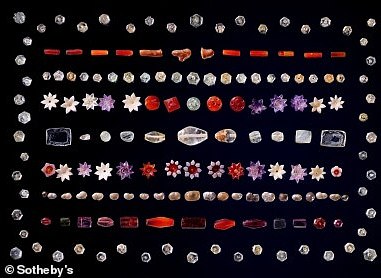
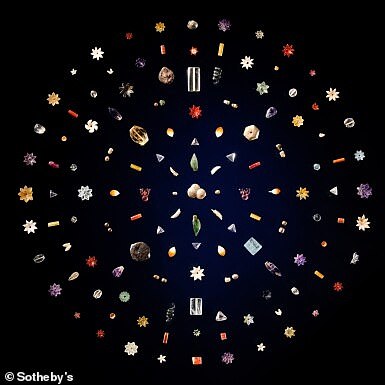
In response to the legal notification about halting the auction, Sotheby’s assured that they are giving the matter complete consideration, according to the ministry’s statement.
Julian King, Sotheby’s international specialist and auction head, also informed the BBC: “Similar to all significant pieces and collectibles put up for sale at Sotheby’s, we performed the necessary due diligence. This included verifying authenticity and provenance, checking legalities, and considering other factors in accordance with our company policies and standard practices within the art world.”
Neither India’s Ministry of Culture nor Sotheby’s promptly replied to ‘s request for comment.
‘The relics are devotional objects – property of India where the stupa is located, as well as the Buddha and the Sakya clan – not commodities for auction,’ the legal notice stated. ‘Their sale violates core Buddhist ethics and disrupts sacred tradition.’
Read more

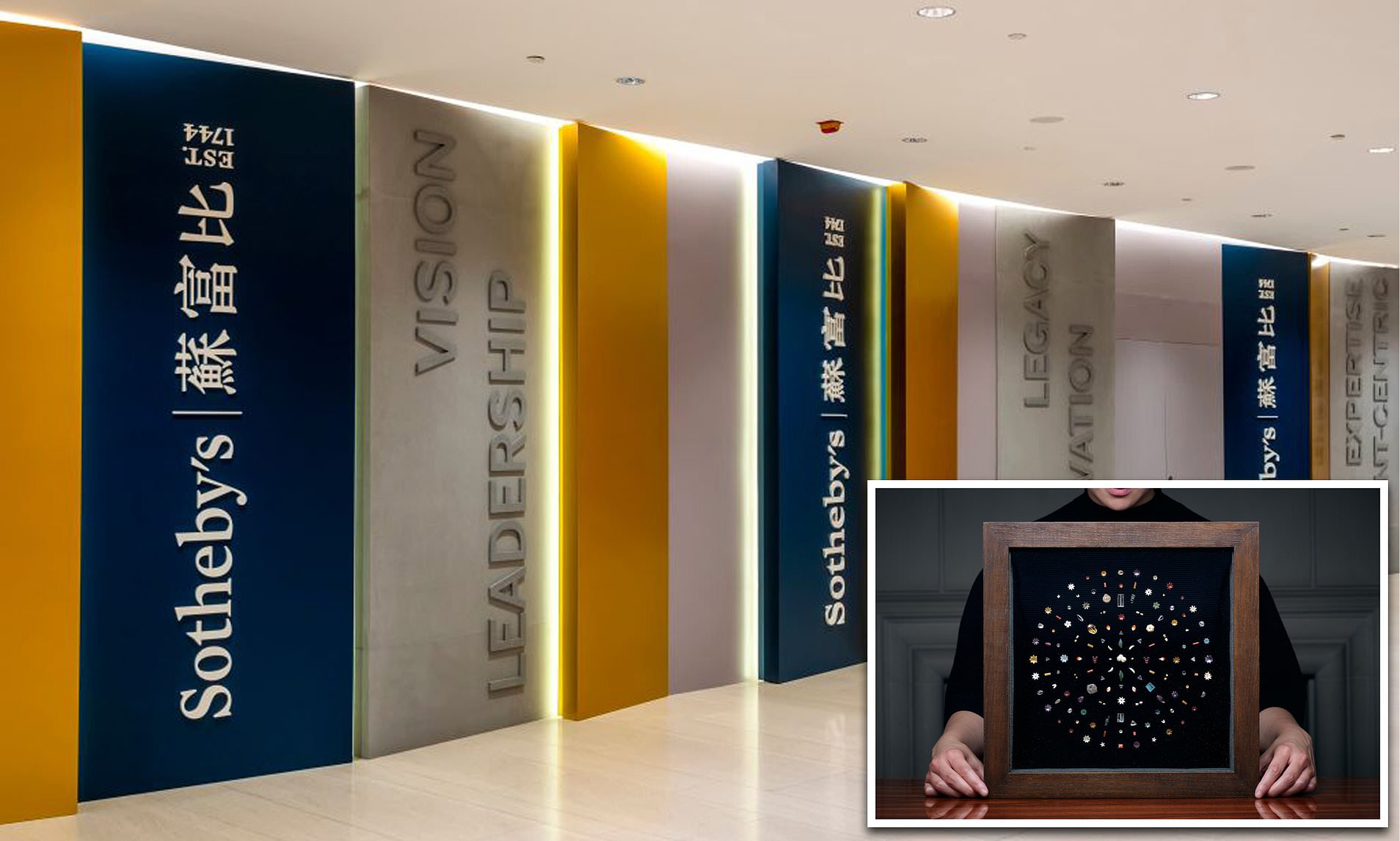
Leave a Reply